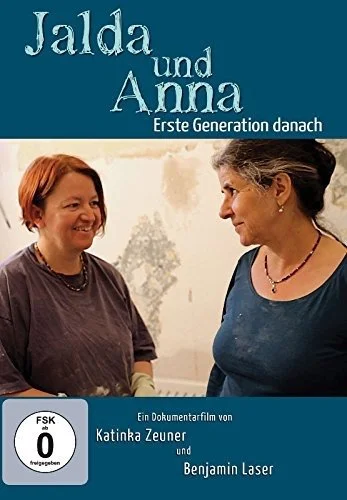- Activism
- Animation
- Asylum
- Austria
- Berlin
- Black Germans
- Childhood
- Cologne
- Colonialism
- Comedy
- DDR
- Documentary
- East/West Germany
- Environment
- Food
- Hamburg
- Health
- Holocaust
- Immigration
- Intergenerational Families
- Jewish
- Judicial system
- Lesbian/Gay
- Lübeck
- Munich
- National Socialism
- Politics
- Pomerania
- Racism
- Religion
- Sexism
- Short films
- Stuttgart
- Switzerland
- Twins
- Weimar Republic
Nackt unter Wölfen
As rumors reach them that the Allied armies are advancing on their concentration camp at Buchenwald, Polish prisoners renew their feeble hope for survival and freedom. When a group of prisoners is transferred from Auschwitz, a four-year-old child is smuggled into the camp in a valise. Born at Auschwitz, he is Jewish and will be killed if discovered. A group of prisoners decide to protect the child from the searching Germans, and although the kapos cannot smuggle the boy out of Buchenwald, they manage to hide him–moving from one place to another within the camp as the Nazis comb it. Threats and torture by SS men fail to turn up the boy who becomes a symbol of the struggle between captives and captors.
Jalda und Anna: Erste Generation danach
Jalda Rebling and Anna Adam share many things. Not only that they both live together in the Prenzlauer Berg district of Berlin and that they both decided to express their lives in art. What unites the two much more is the fact that they are daughters whose mothers each survived the Holocaust in Auschwitz. And this aspect of the past can be found in many facets of their lives today. The film accompanies the cheerful ladies as it shows how they use their work as artists to reflect on and comment on the events of the past. Anna’s art projects such as the “happy hippie jew bus” are just as much a part of this as Jalda’s work as a musician in a medieval Jewish music style band and her work as a member of the Concervatice Yeshiva University in Jerusalem.


